
content, reviewed by leading industry experts and seasoned editors. Ad Disclosure
When Solana Labs co-founder Anatoly Yakovenko posted on X on 14 June that “all users need is 1 full node to defend against 100 percent of malicious stake,” the remark detonated a familiar flashpoint in the ongoing Solana-versus-Ethereum culture war. In Yakovenko’s telling, any node—even one with zero SOL staked—could “carry the torch” and veto a rogue software upgrade, because Solana’s fork-choice rules allow any honest client to refuse blocks it considers invalid. Critics immediately seized on the claim as proof that the network’s vaunted speed rests on a fragile foundation of social coordination rather than hard-coded decentralization.
Solana Decentralized?
Developer “0xZodomo” fired the first volley, warning that “a single Discord channel is capable of making sweeping changes to Solana consensus,” and accusing “wolves” of selling centralization as a feature. Lawyer Gabriel Shapiro (@lex_node) sharpened the satire, dubbing an imaginary one-node chain “gorbagana” and joking that the dumpster fire could be kept alive by a lone hold-out. Ethereum supporter “Etheraider” piled on, noting that Solana has averaged “an outage once every six months for the last four years,” an allusion to the seven documented halts the network has suffered since 2020.
Yakovenko, better known as “toly,” doubled down. If users “get a bunch of user nodes to follow your leader and only accept finality locally after double-spend synchronicity assumptions,” he quipped, “you are golden.” Fee stability, not perfect uptime, was his priority: “No fee spikes,” he wrote, arguing that retail users care more about predictable costs than about the 99th-percentile block-time metric that enterprise critics invoke. He later contrasted Solana’s throughput with the DTCC’s razor-thin revenue margins, adding, “What I care about is assets that move.”
Performance evangelists inside the ecosystem echoed that stance. Helius CEO Mert Mumtaz reminded followers that Solana “handles more scale than all other blockchains combined, has the highest-revenue apps, and is about to get 100× faster while doubling block-space”—a reference to the forthcoming Firedancer client and pipelined fee markets.
Yet the decentralization question remains stubborn. Validators.app currently lists roughly 1,400 consensus validators and 5,170 total nodes spread across 46 countries, a figure far below Yakovenko’s 6,000 but well above the 1,295 “high-quality” validators the Solana Foundation counted in its June network-health report. By contrast, Etherscan’s node tracker detects 11,841 reachable Ethereum full nodes, while the Beacon chain boasts about 1.04 million validator entities securing proof-of-stake consensus.
Outages also color perceptions. Solana has not suffered a hard halt since February 2024, when a duplicate-bug froze block production for five hours, but previous incidents—in September 2021, April 2022 and February 2024—fuel the charge that one Discord mis-configuration can pause the chain. The Helius outage ledger notes that five of the seven stoppages were triggered by client bugs and two by transaction-spam storms, each time requiring an off-chain validator co-ordination to restart.
That social layer is precisely what Yakovenko says keeps users safe: if consensus clients misbehave, any node may refuse the fork. Ethereum veterans counter that relying on ad-hoc coordination violates the very premise of permissionless decentralization. The debate is unlikely to cool as Solana’s footprint grows; the chain already processes 65,000 transactions per second in production loads and has been chosen by Visa for USDC treasury settlements, citing sub-cent fees and sub-second finality.
At press time, SOL traded at $160.56.
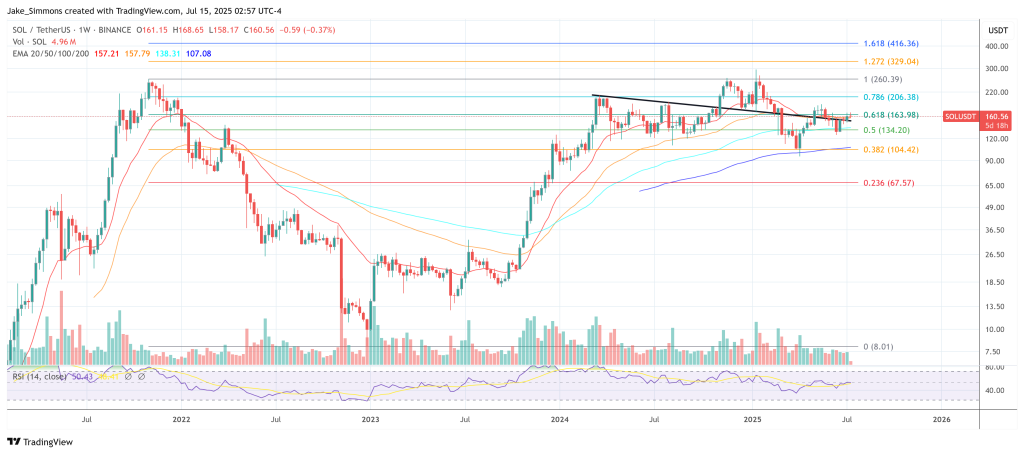 SOL price hovers below the 0.618 Fib, 1-day chart | Source: SOLUSDT on TradingView.com
SOL price hovers below the 0.618 Fib, 1-day chart | Source: SOLUSDT on TradingView.comFeatured image created with DALL.E, chart from TradingView.com

Editorial Process for bitcoinist is centered on delivering thoroughly researched, accurate, and unbiased content. We uphold strict sourcing standards, and each page undergoes diligent review by our team of top technology experts and seasoned editors. This process ensures the integrity, relevance, and value of our content for our readers.





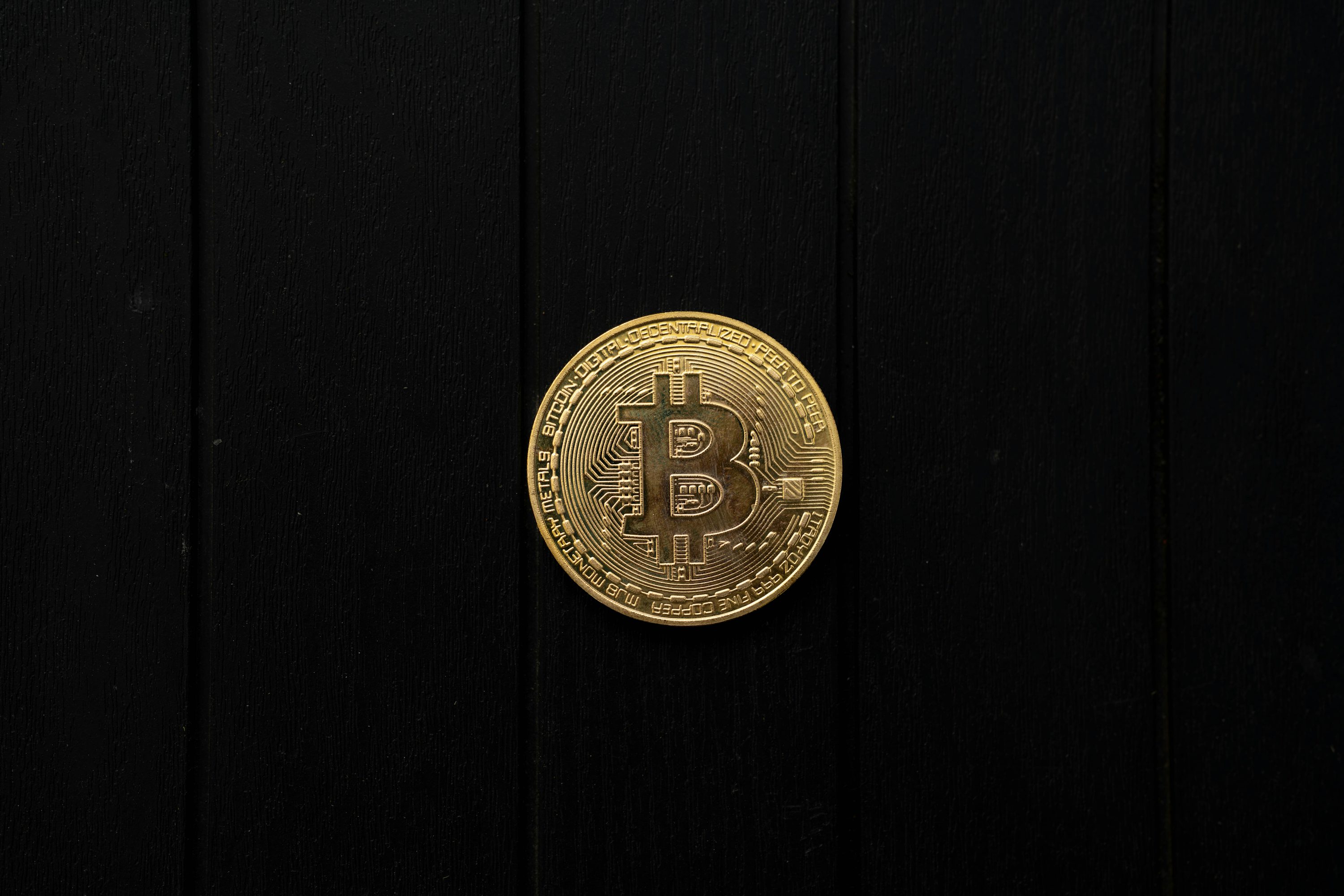


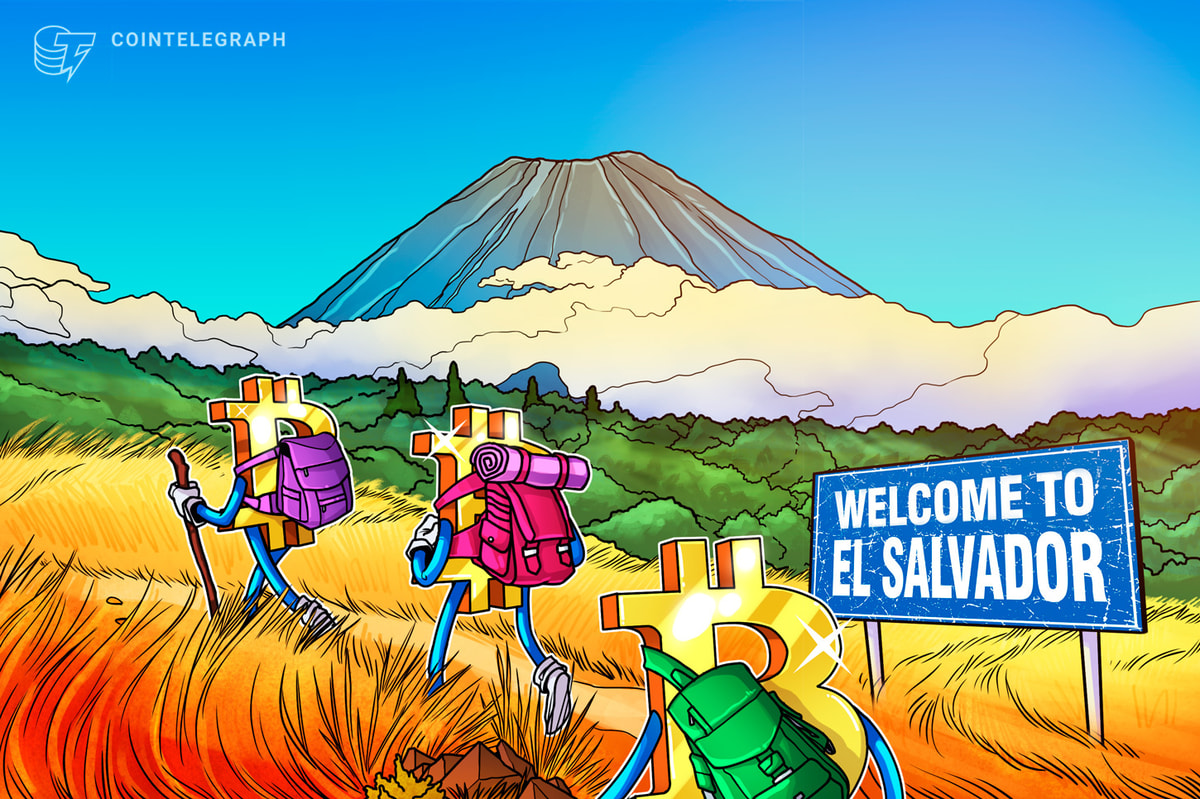

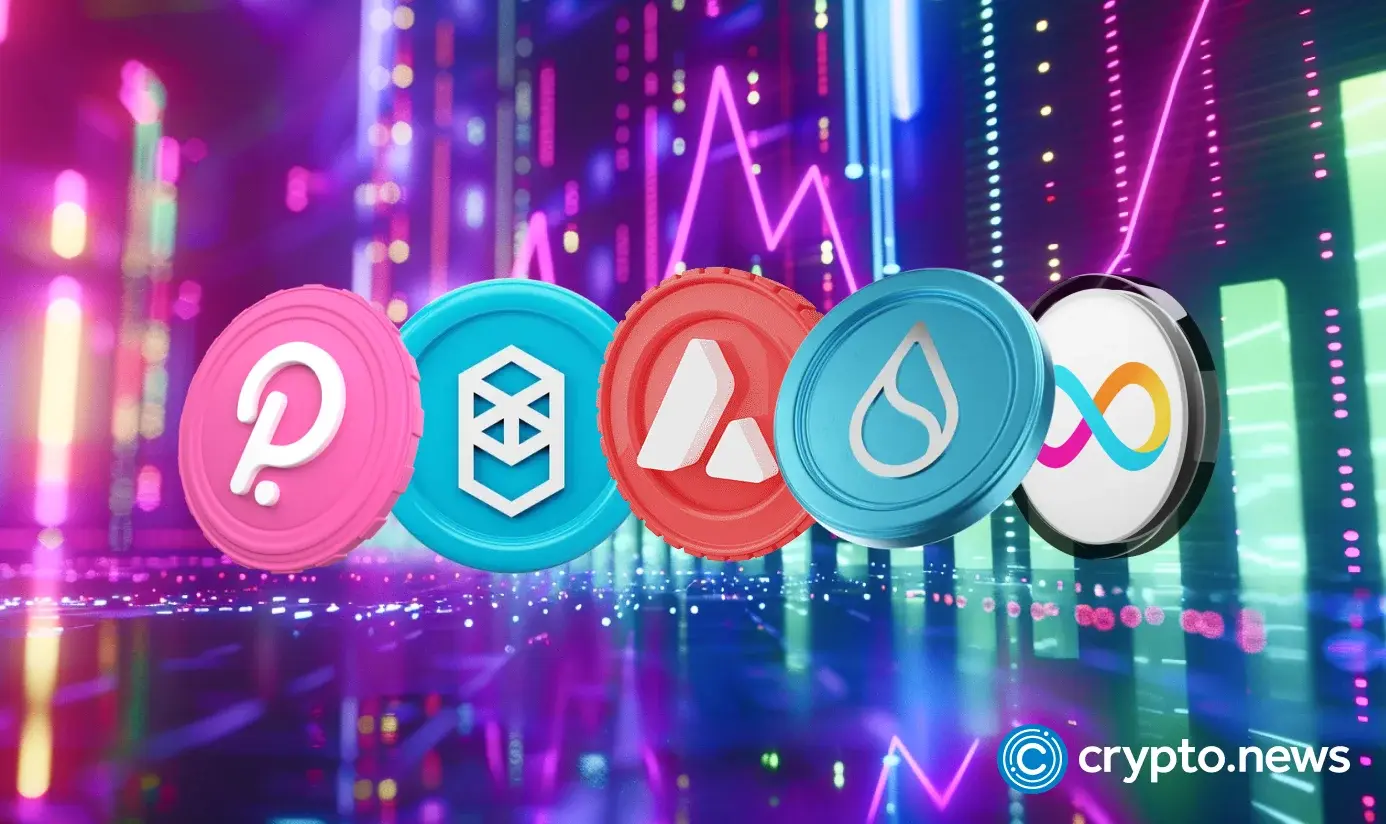




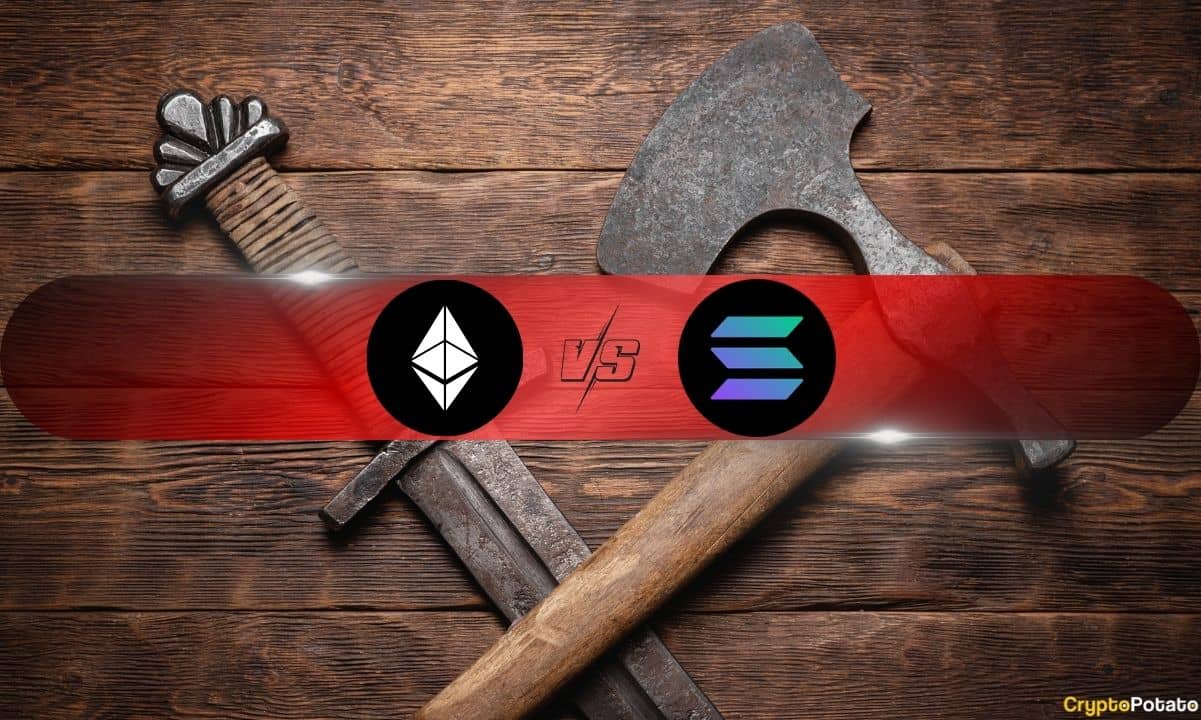

 English (US) ·
English (US) ·